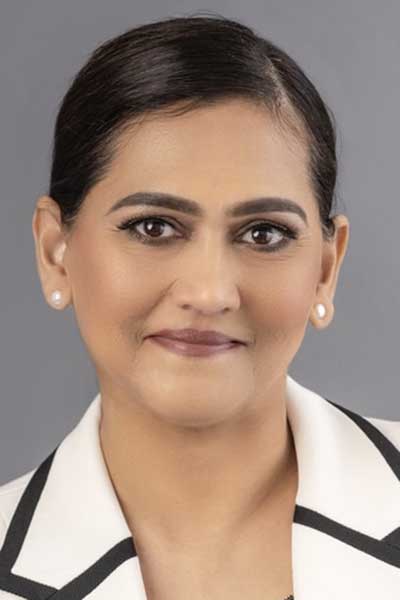
CGM Across Lifespan: CGM Use in Elderly
Great Hall B
Level 1, Ernest N. Morial Convention Center
Q&A with Nuzhat Chalisa, MD, FACE
Director Endocrinology & Diabetes Education,
Morris Hospital & Healthcare Center

What is your presentation about?
This presentation will highlight some of the available scientific evidence supporting the benefits of using continuous glucose monitors in elderly patients. CGM is a valuable tool in managing elderly patients who face unique challenges such as hypoglycemia, cognitive decline, and variable glucose levels. We have data supporting the relationship between CGM metrics, A1C, and risk of hypoglycemia in older adults with type 1 and type 2 diabetes. How can we integrate this data with our clinical experience?
What makes this topic important in 2022?
Continuous glucose monitoring devices have been in existence for more than two decades but were not being used as much. During the pandemic, CGM use dramatically increased. Capability of CGM to share data with the providers as well as with the caregivers made it a choice tool for virtual visits during pandemics. Many hospitals adopted the use of CGM for inpatient glucose monitoring. In 2022, CGM has become the standard of care for glucose monitoring. It is important to conduct more randomized controlled trials comparing various types of CGM devices and in different cohorts.
How did you become involved with this area of diabetes research or care?
My experience crosses between research and clinical practice. Some of my earliest research was on CGM. I lead several community projects in the Chicago area involving geriatric population. These projects are aimed towards educating seniors on optimal diabetes management and helping them understand diabetes technology. I have found CGM is a valuable tool in managing elderly patients who face unique challenges such as hypoglycemia, cognitive decline, and variable glucose levels.
What are you most looking forward to at the 82nd Scientific Sessions?
I am looking forward to learning about some new groundbreaking research in the area of diabetes, especially diabetes technology. The medical community has adopted new ways of healthcare delivery during the COVID pandemic, including telehealth and digital technology. How is the medical community adapting to these changes post-COVID?
[sub-post-content]

